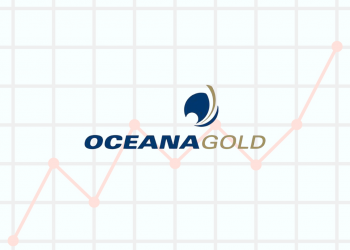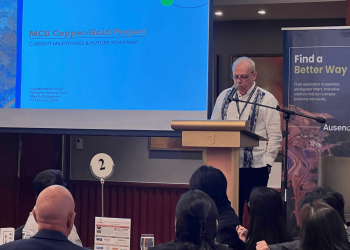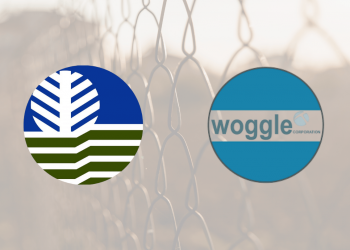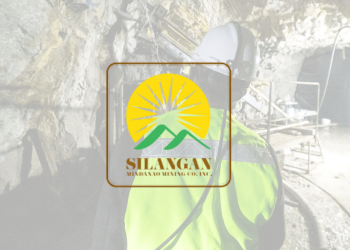Nickel Asia Corporation (NAC) is stepping up its efforts to make its operations more environmentally friendly by working closely with its suppliers and business partners. The company recently gathered its supply chain network to align with its sustainability commitments, aiming to reduce its overall environmental impact.
A key focus is on reducing Scope 3 emissions—these are emissions that come from sources the company doesn’t directly control, like supplier operations and product disposal. To better understand and reduce these emissions, NAC launched a tracking program in 2023. The goal is to complete its full greenhouse gas (GHG) emissions inventory by 2025, and so far, all its business units have participated in the data collection.
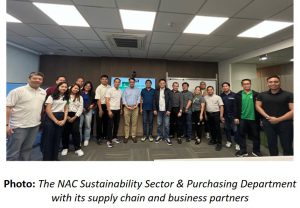
But NAC’s commitment goes beyond tracking emissions. The company is also working to ensure that its suppliers follow ethical and responsible practices. This includes enforcing policies on workplace safety, human rights, anti-bribery, and ethical business conduct.
“It is incumbent upon every corporate citizen to digest the fragility of the current world situation, what with climate change and its nuances. So it has to be ‘all hands-on-deck’ with data-driven and science-based strategies, supported by a committed, resilient supply chain to achieve a responsible and stable sourcing ecosystem pivotal to winning our sustainability dreams,” said Jose Bayani Baylon, NAC Senior Vice President for Sustainability, Risk Management, Corporate Affairs, and Communications
NAC has been actively pushing for sustainability in its operations. In 2024, it announced plans to achieve net-zero carbon emissions by 2050 and pledged to the Science Based Targets initiative (SBTi), which sets emission reduction standards based on scientific research.
The company is also leading the way in the Philippine mining sector by being the first to complete a full inventory of its carbon emissions and transition to technology-driven data collection. Looking ahead, NAC plans to require sustainability measures in supplier agreements and contract renewals to further embed eco-friendly practices in its operations.
As businesses take greater responsibility for their environmental impact, how important do you think supply chain sustainability is? Share your thoughts on how companies can balance profitability and sustainability.
Follow Power Philippines on Facebook and LinkedIn for more updates.
Photo Credit to:Nickel Asia Corporation (NAC)




